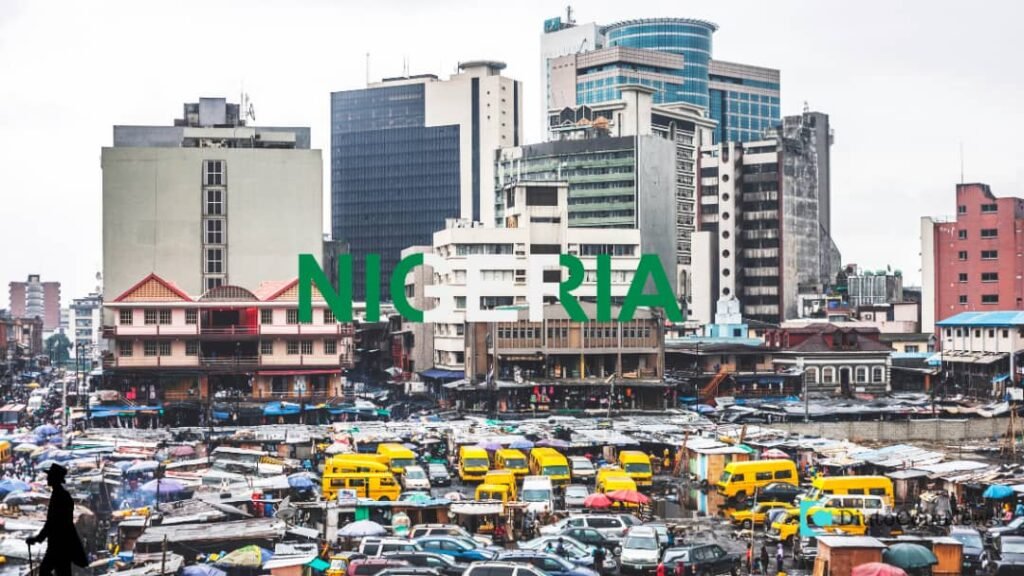Nigeria’s total public debt surged to N144.67 trillion ($94.23 billion) as of December 2024—a 48.58% increase from the N97.34 trillion recorded a year earlier. This sharp rise was driven by both external and domestic borrowings, with the depreciation of the naira significantly inflating foreign debt figures.
External debt rose by 83.89% year-on-year, reaching N70.29 trillion, while domestic debt increased by 25.77% to N74.38 trillion. The Federal Government was the primary contributor to this growth, with its domestic debt jumping 32.19%. In contrast, subnational debt fell by 32.27%, signaling reduced borrowing by states and the FCT.
Quarter-on-quarter, total debt rose by 1.65%, or N2.35 trillion, between September and December 2024. The final quarter’s increase was modest but consistent, as external and domestic obligations both edged higher.
As of year-end, domestic debt made up 51.41% of Nigeria’s debt profile, with external debt at 48.59%. Analysts have raised concerns over rising debt levels, urging for better fiscal discipline, revenue diversification, and sustainable borrowing strategies to safeguard Nigeria’s economic future.
Discover more from DiutoCoinNews
Subscribe to get the latest posts sent to your email.











